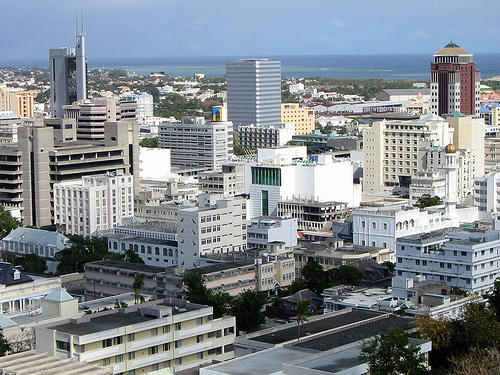Daron Acemoglu on Global Inequality
+ Brandon Fuller
Why is the average income of Canadian and Japanese residents so much higher than that of North Koreans or Ethiopians? Daron Acemoglu offers his answer in a recent commentary for Esquire magazine. He argues that differences in institutions, or rules, are the key driver behind global inequality.
Acemoglu asks readers to consider the two cities of Nogales on the Mexico-U.S. border. On the Arizona side, residents enjoy relatively high incomes, good infrastructure, and reliable public services.
“None of those things are a given across the border. There, the roads are bad, the infant-mortality rate high, electricity and phone service expensive and spotty.
The key difference is that those on the north side of the border enjoy law and order and dependable government services — they can go about their daily activities and jobs without fear for their life or safety or property rights. On the other side, the inhabitants have institutions that perpetuate crime, graft, and insecurity.”
Nogales, Sonora and Nogales, Arizona share similar cultures, geography, and climate. The lower income and quality of life on the Mexico side reflects the ineffective rules there. For Acemoglu, reversing the failure of institutions is the key to reducing global inequality.

